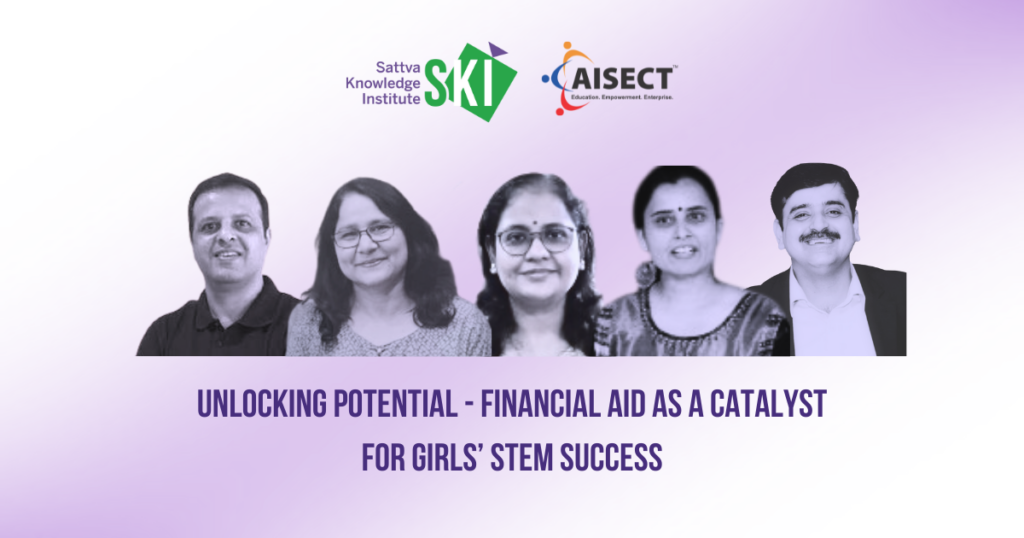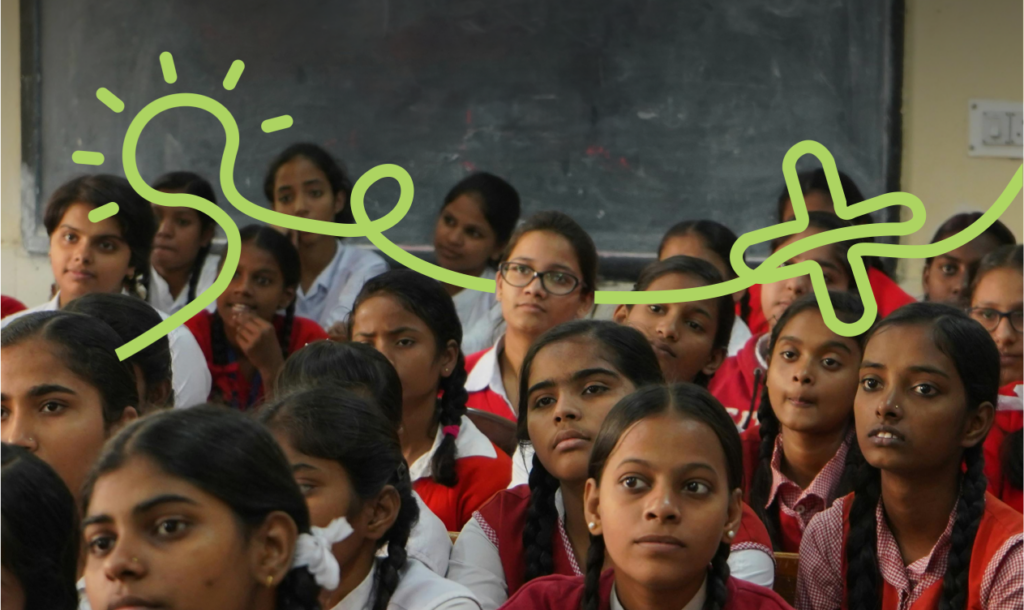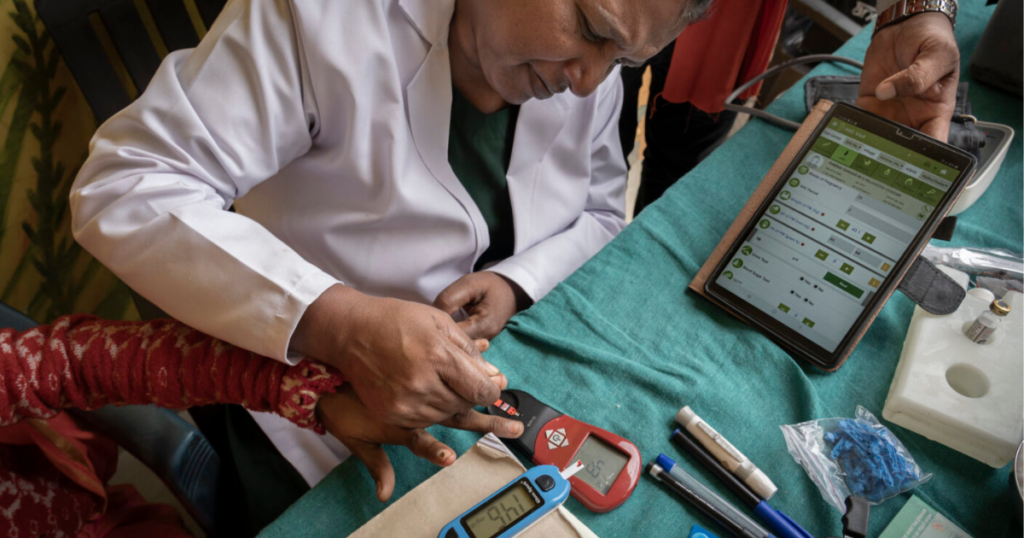Overview
In the Union Budget 2022-23, the Finance Minister announced the launch of a new Digital Ecosystem for Skilling and Livelihoods, the DESH-Stack eportal. Several issues continue to plague the existing skilling landscape in the country. Common issues include a lack of skilled labour, a supply and demand mismatch of skilled personnel, limited training facilities, and a lack of recognition of skills among them. DESH-Stack aims to solve these challenges by bringing together stakeholders in one digital ecosystem, enabling easier discovery of opportunities and services, and improved verification and credibility through digital skilling credentials of citizens. Effective mapping of supply and demand can potentially increase the skill level of the workforce, reduce the unemployment rate and enable the assessment of market-relevant skills.
DESH-Stack layers
The DESH-Stack, like other stacks developed by the Government, has layers for identification, data collection and storage, and open protocols. The Trust layer consists of the electronic registries of information on all stakeholders and verifiable digital skilling credentials. A digital credential or digital skilling identity acts as a repository for an individual’s qualifications. The stack offers digital credentials that allow certificates to be awarded and verified in a digitised manner. Electronic registries act as a single point of access for all information. This enables easy exchange of training and associated services across stakeholders. The Finance layer of the DESH-Stack leverages the India stack, the payments ecosystem, to deliver financial services through the portal. It supports interactions between financial resource providers, individuals and organisations to increase accessibility to those in need. The Discovery layer is facilitated through open protocols that increase interoperability and discovery of services across stakeholders. Platform developers use these protocols to build end-user solutions over the stack. Keeping in mind the need for robust governance frameworks and safety protocols to ensure safe and effective use of the stack, the Government has set up the National Facilitating Organisations (NFOs). NFOs are responsible for stakeholder registration and management, policy formulation and dispute resolution for the stack. This is similar to NFOs set up for other stacks such as National Payments Corporation for UPI, Account aggregators for consent management etc.
Stakeholder use cases
The implementation of DESH-Stack not only solves the general inefficiency of the skilling landscape overall, but also specific challenges faced by certain sections of society. These include
- digital credentials and secure recruitment processes through the portals solve for lack of recognition of skills and unreliable employers for the informal sector;
- easier discovery of jobs improve inclusion of the disabled workforce;
- access to credentials and achievements of allied health workers helps consumers in making informed decisions and
- access to all jobs on one portal helps in the true assessment of market needs in case of the formal sector.
Role of philanthropic organisations
Philanthropic organisations play a crucial role in catalysing the adoption of the stack by
- incentivising platform builders to create solutions that cater to the non-profit sections of society,
- enabling the development of solutions that create sustainable local livelihoods ecosystem;
- supporting local entrepreneurs and migrant returnees with market linkages, innovative financing such as first loss guarantees;
- engaging in policy advocacy and ecosystem building with government and other stakeholders and
- supporting NGOs working in this space by strengthening their ICT infrastructure, developing open-source tools for NGOs and providing onboarding support on platforms.
Authors: Abhishek Modi, Arnab Mukherjee and Pragati Keswani




